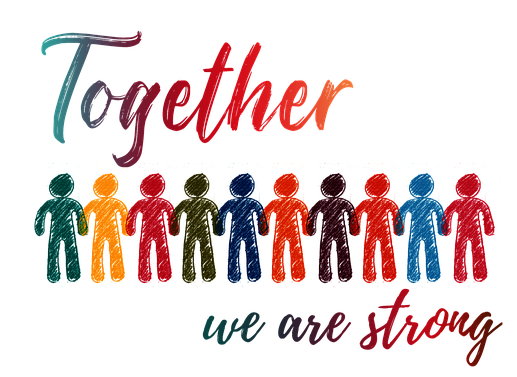CONCEPT & OBJECTIVES
- Small scale partnership project
- Vocational education sector
- Duration: 14 months (01/10/2024 – 30/11/2025)
- Funded by the Erasmus+ programme by the European Union

Mental health is a major topic of concern pertaining to today’s students. This is largely due to the fact that there is more research and general awareness around mental health today than ever before. However, there is also evidence that the incidence of mental health challenges is growing. This is a significant concern in schools because untreated mental illness (including depression, anxiety, ADHD, substance use disorders and more), in addition to posing health risks, can have a profoundly negative impact on student learning and achievement.

Unfortunately, many schools are under-resourced when it comes to adequately addressing mental health issues; even school nurses, psychologists or pedagogical counsellors do not always receive comprehensive mental health intervention training. Most classroom teachers have little to no training in how to effectively handle sensitive situations when they become aware of potential mental health issues in the classroom.
Because they often serve as “first responders” of sorts for their students, teachers are in a unique position to make a difference in these children’s lives. Most children will display or struggle with outsized behaviors at some point during their development. Emotional outbursts and tantrums are a normal part of youngsters life and should not be reprimanded for trying to work through their feelings before their cognitive abilities are fully formed, as long as the behavior does not harm anyone or anything else. However, there comes a point at which students aged 15-18 years naturally outgrow certain behaviors and when these students continue to display challenging behaviors, it becomes an ongoing behavioral issue. If behavioral issues such as angry outbursts, high anxiety or violence persist past the toddler stage, it may be time to screen a child for signs of mental illness. Untreated or unaddressed behavioral or emotional issues have a negative impact on student’s success in school.

Behavioral disturbances refer to conditions wherein a student appears to make a conscious choice with their behavior or responses, such as defying a teacher, lying, engaging in disordered eating or bullying. While these behaviors may be incredibly difficult for an individual to control, they are not considered involuntary. Mental and behavioral issues often go hand-in-hand; someone who suffers from depression or bipolar disorder could develop behaviors like anorexia, self harm or oppositional defiance.
Therefore,we aim at the following objectives:
- To raise the awareness in the educational policy makers about risks and provision of mitigation strategies.
- To create a microcredential Teachers’ training consisting of coping strategies towards students with behavioural and mental disturbances
- To increase the mental health resilience of students between 15-18 years old
- To decrease the potential drop-out from education and the use of drugs and alcohol for students, who have behavioural or mental disturbances

